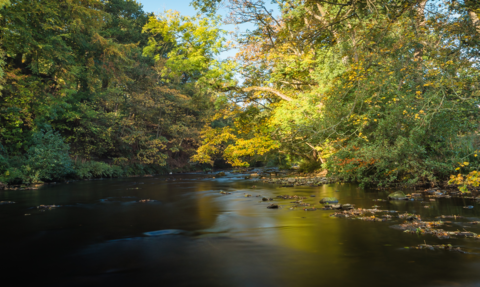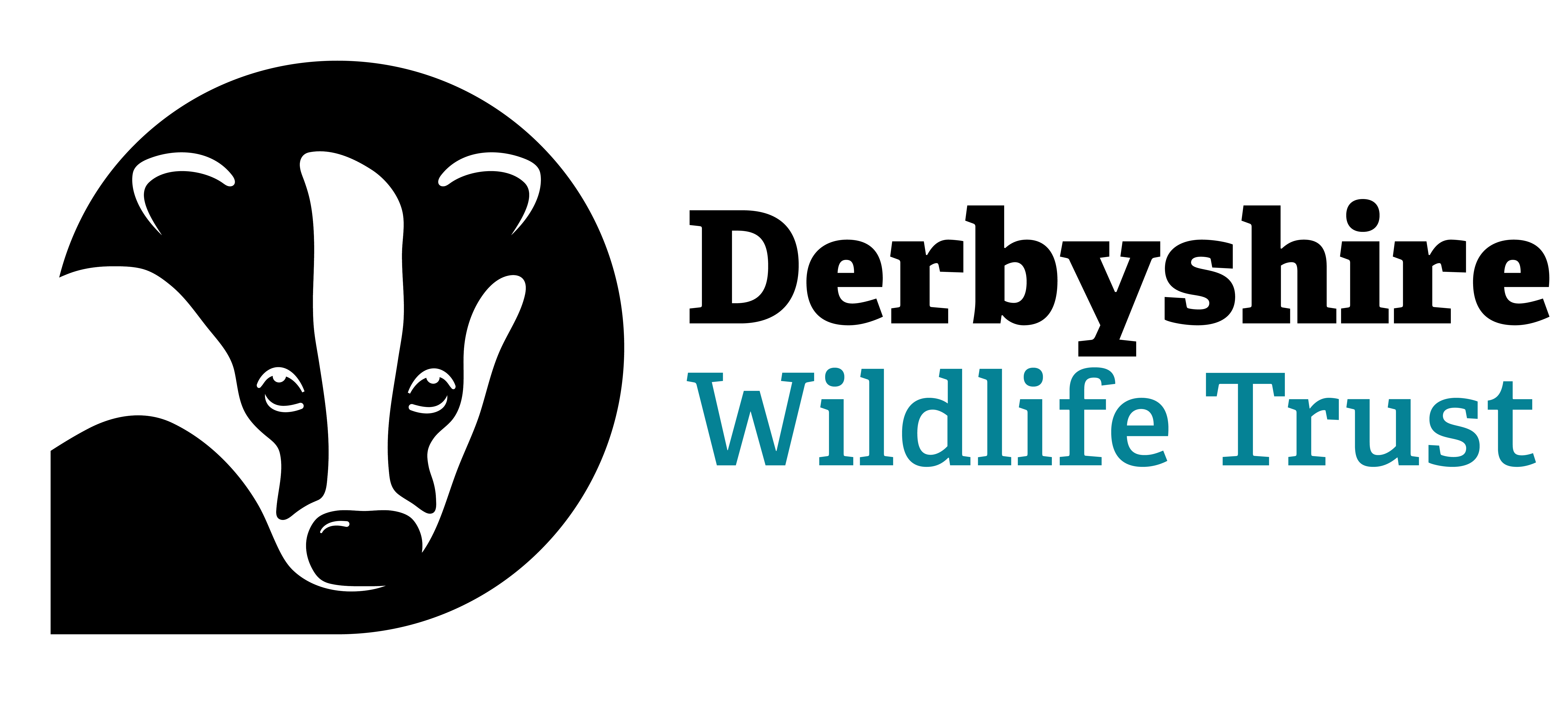
Rights of Rivers
The status quo isn't protecting our rivers, it’s enabling their continued degradation. The problems include pollution, over-abstraction, modification, the spread of invasive species, and Government underfunding. This isn't just a national problem, it's happening here in Derbyshire.
Top of the Poops ranked the River Derwent as the fifth most polluted across England and Wales in 2021. The situation hasn’t improved much. In 2022, the same organisation ranked Derbyshire Dales as the 22nd most polluted constituency in all of England and Wales, in the top 5%.
This is unfolding against the backdrop of climate and biodiversity emergencies, the challenges of our time. Existing regulatory approaches are not driving change at the pace required to ensure nature’s recovery so we need additional tools.
Our rivers are polluted and neglected
-
Only 16% of England’s rivers are classified as being in “good” ecological status. There is no single cause but multiple causes of concern including underfunding, over abstraction, modification, pollution, and the spread of invasive species.
-
Derbyshire's environment is no exception to national trends – the majority of rivers are not in 'good' condition, and neither are sites designated for conservation value. The poor health of the river has impacts on human health too, among people who regularly spend time on Derbyshire’s rivers, reported rates of illness have increased over the last 5 years.
-
The Government is determined to remove protections that prevent further pollution to Derbyshire’s most cherished rivers like the Wye.
-
The agencies responsible for enforcing existing protections can’t do their job properly because the Government has cut their funding again and again.
To save nature and ourselves, we need to do things differently
-
The status quo has not protected our rivers, it’s enabled their continued degradation. Existing laws are not enforced, and the penalties for breaking them are not tough enough to change the behaviour of polluters.
-
Our relationship with nature is broken. Feeling connected to nature improves health and wellbeing but the levels of nature connection in Britain are the lowest in Europe. Treating nature as something to control and exploit has driven the climate and biodiversity crises. In Cromford, Derbyshire was the cradle of the Industrial Revolution, but our future prosperity requires a more balanced relationship with nature.
-
Local people want to see change. 95% of respondents to our rivers survey agreed that people and nature are interconnected and interdependent and that this should be recognised in our legal system.
Nature needs a stronger voice and legal protections
-
We cannot reverse trends of environmental destruction without also rethinking our relationship with nature and how it could improve.
-
Granting legal rights to nature can help us to evolve our conventional relationship from exploitation towards respect. It would help us to recognise the inherent value of nature and create better protections for wildlife.
-
Giving Derbyshire’s rivers legal rights would complement ongoing restoration projects that organisations are doing on the ground and could help tip the scales back in nature’s favour.
-
Any set of legal rights would be created by the local community and be the responsibility of everyone to uphold.



